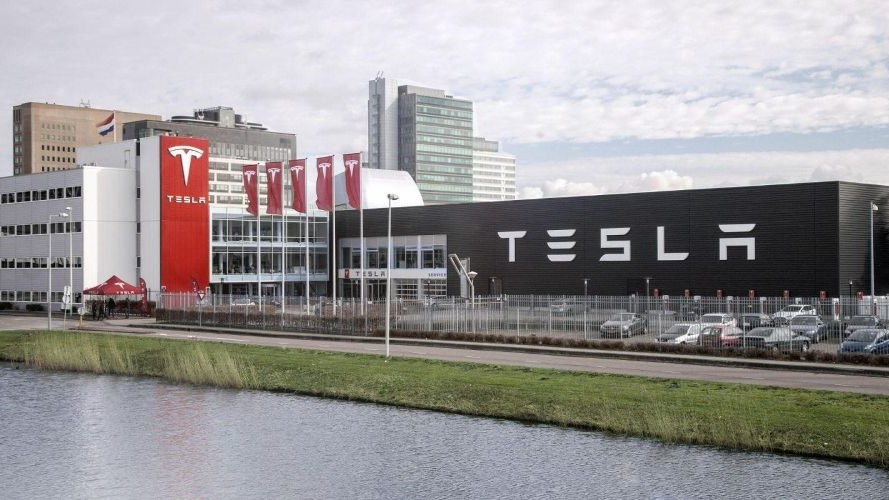Some of Tesla’s international shareholders may face difficulties in voting for larger portion of Elon Musk’s remuneration package, amounting to USD 56 billion due to the IT difficulties. The overseas investor platforms do not have adequate provisions for cross border voting, and many overseas investors are affected by this who together own stake worth of approximate USD 17 billion that is about 3 per cent of total Tesla’s shares.
Some of the vital issues for shareholders’ vote include Musk’s remuneration structure and an amendment that seeking to change the electric vehicle (EV) company’s incorporation from Delaware to Texas. Despite the fact that Tesla has the highest number of retail investors, who only own about 30% of the business stock, institutional investors have equally started to come through.
The two proxy advisory firms have recommended the shareholders not to support Musk’s pay structure as other Glass Lewis has not supported the move to Texas as well. Some of measures mentioned above may alter with their current standing some institutional investors who have been quite vocal about their disapproval to both the compensation plan as well as the relocation.
The compensation plan for Musk is designed to pass with a majority of voter’s shares where Elon Musk and his brother Kimbal votes are eliminated. Similarly, it is required that any move to Texas requires a majority vote by the shares of stock outstanding. The share holder meeting is to take place on the 13/06/2012, with the voting session already on going.
Tesla stock has been on a slight decrease of 0 last week based on the previous week’s analysis. 65%, closing at 178.08. At present, the shares continue to trade around the 50-day moving average. However, the Tesla stock currently ranks among the worst-performing stocks in the S&P 500 Year so far with a decline of 28.3%.
Broader context of Tesla’s governance
The scrutiny of Musk’s pay package comes amid broader concerns about corporate governance at Tesla. ISS’s recommendation to vote against James Murdoch highlights ongoing issues with the board’s oversight capabilities. As Tesla continues its rapid growth and expansion, effective governance and clear alignment of executive incentives with shareholder interests remain critical.
The upcoming shareholder vote at Tesla’s annual meeting will be a significant event, potentially shaping the future of executive compensation at the company. The recommendations from ISS and Glass Lewis reflect deep concerns about the alignment of Musk’s incentives with shareholder interests and the overall governance structure at Tesla. As shareholders prepare to vote, the outcome will provide insights into how much influence these advisory firms wield and how Tesla’s leadership will navigate these challenges moving forward.



